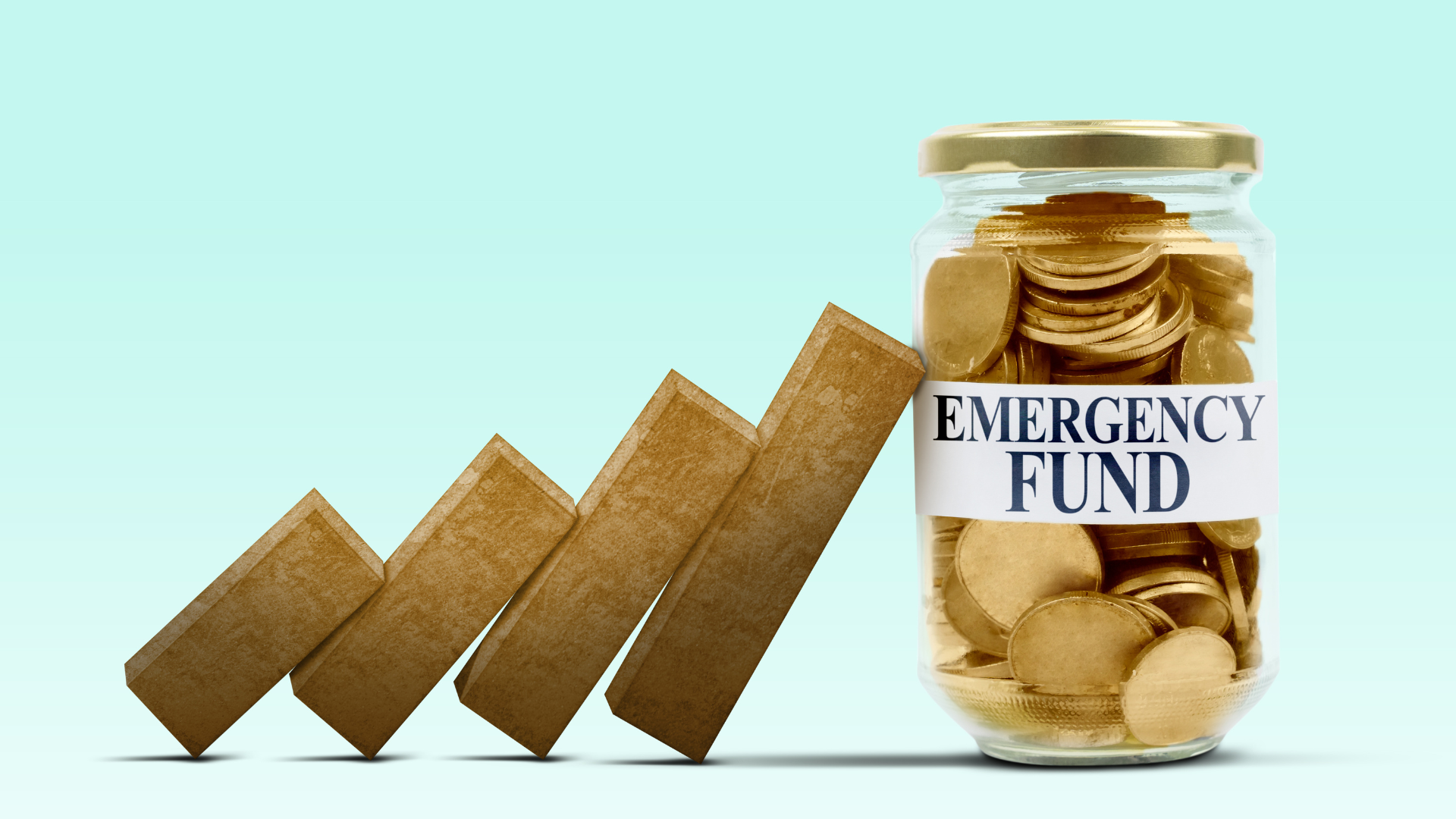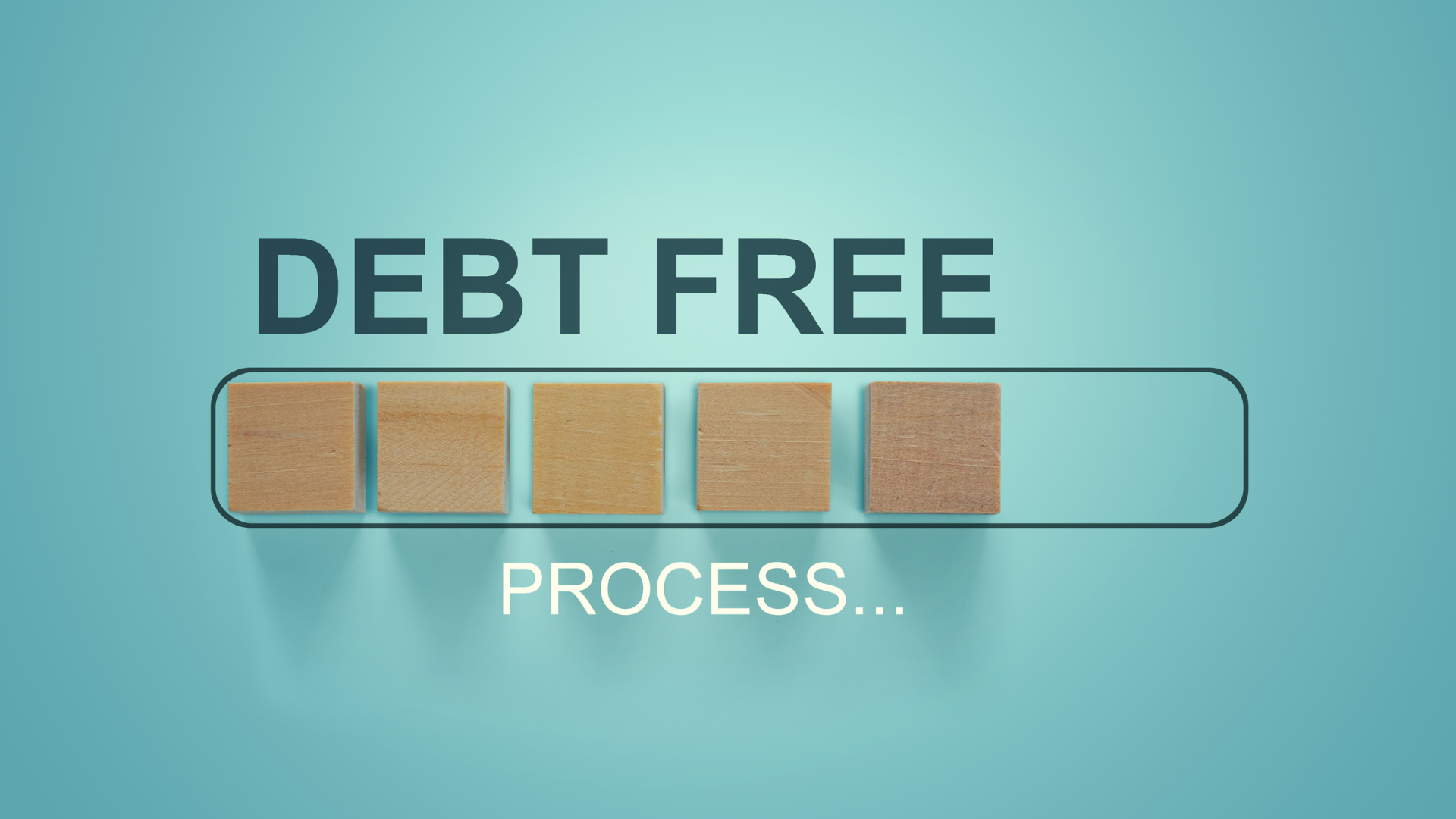Debt can feel like a heavy burden, but with the right strategies, 2025 could be the year you achieve financial freedom. Here are five practical steps to help you take control of your finances and eliminate debt:
1. Assess Your Finances
Start by creating a clear picture of your financial situation. List all your debts, including balances, interest rates, and minimum payments. This will help you prioritise which debts to tackle first, such as those with the highest interest rates or smallest balances.
2. Create a Budget
A well-structured budget is essential for paying off debt. Track your income and expenses to identify areas where you can cut back. Redirect those savings toward your debt repayment plan. Stick to your budget, and remember to allocate funds for essentials like food and transport while minimising non-essential spending.
3. Consider the Snowball or Avalanche Method
Debt repayment strategies like the snowball method (paying off the smallest debts first) or the avalanche method (focusing on high-interest debts first) can help you make steady progress. The snowball method offers quick wins that keep you motivated, while the avalanche method saves you more money on interest in the long run. Choose the one that works best for your situation.
4. Increase Your Income
Boosting your income can accelerate your journey to becoming debt-free. Consider picking up a side hustle, freelancing, or selling unused items. Use any extra money you earn to pay off your debts rather than increasing your spending.
5. Seek Professional Help if Needed
If your debt feels overwhelming, don’t hesitate to seek help. Debt counsellors or financial advisors can provide tailored advice, negotiate better terms with creditors, or even enrol you in a debt review programme. These professionals can guide you toward a sustainable repayment plan.
Recovering from holiday debt takes time and effort, but with a clear plan and determination, you can regain control of your finances. For assistance, contact us at info@thumaminadebt.co.za or via WhatsApp at 063 365 7443. Let us help you make 2025 the year you achieve financial freedom!










